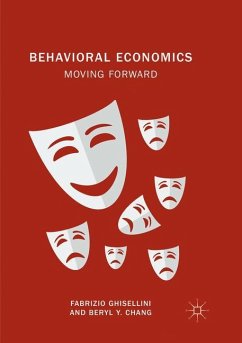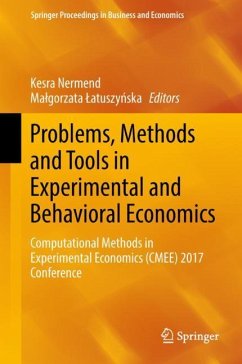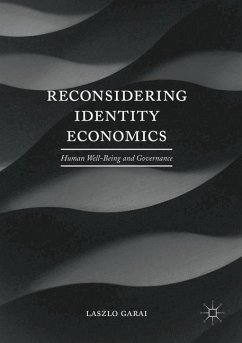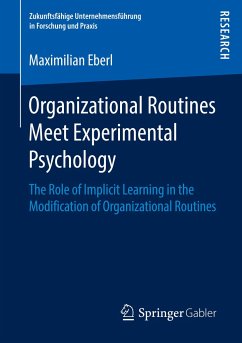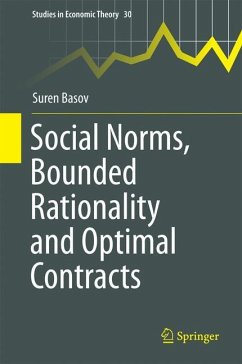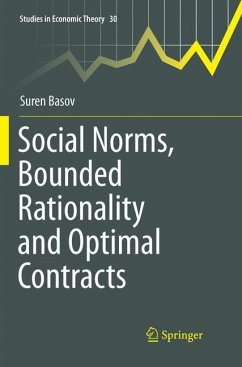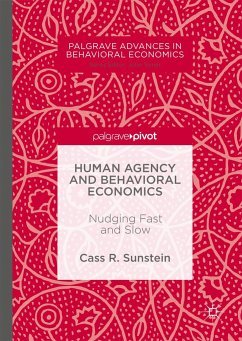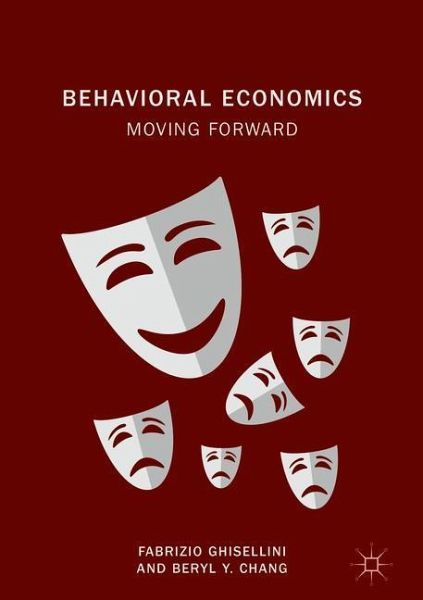
Behavioral Economics
Moving Forward
Versandkostenfrei!
Versandfertig in 6-10 Tagen
98,99 €
inkl. MwSt.
Weitere Ausgaben:

PAYBACK Punkte
49 °P sammeln!
This book sets the agenda to turn behavioral economics, which has long been considered a subordinate discipline, into mainstream economics. Ghisellini and Chang expose the conceptual and empirical inadequacy of conventional economics using illustrations of real world decision-making in a dynamic environment, including evidence from the global financial crisis. With a rigorous yet accessible style, they give a comprehensive overview of behavioral economics and of the current state of play in the field across different schools of thought. Seven major conceptual problems still affecting the devel...
This book sets the agenda to turn behavioral economics, which has long been considered a subordinate discipline, into mainstream economics. Ghisellini and Chang expose the conceptual and empirical inadequacy of conventional economics using illustrations of real world decision-making in a dynamic environment, including evidence from the global financial crisis. With a rigorous yet accessible style, they give a comprehensive overview of behavioral economics and of the current state of play in the field across different schools of thought. Seven major conceptual problems still affecting the development of behavioral economics are identified and the authors propose research avenues to address these issues and allow the discipline to receive its long-awaited recognition.
Crucial reading for researchers and students looking for insights into the many unsolved problems of economics.
Crucial reading for researchers and students looking for insights into the many unsolved problems of economics.



